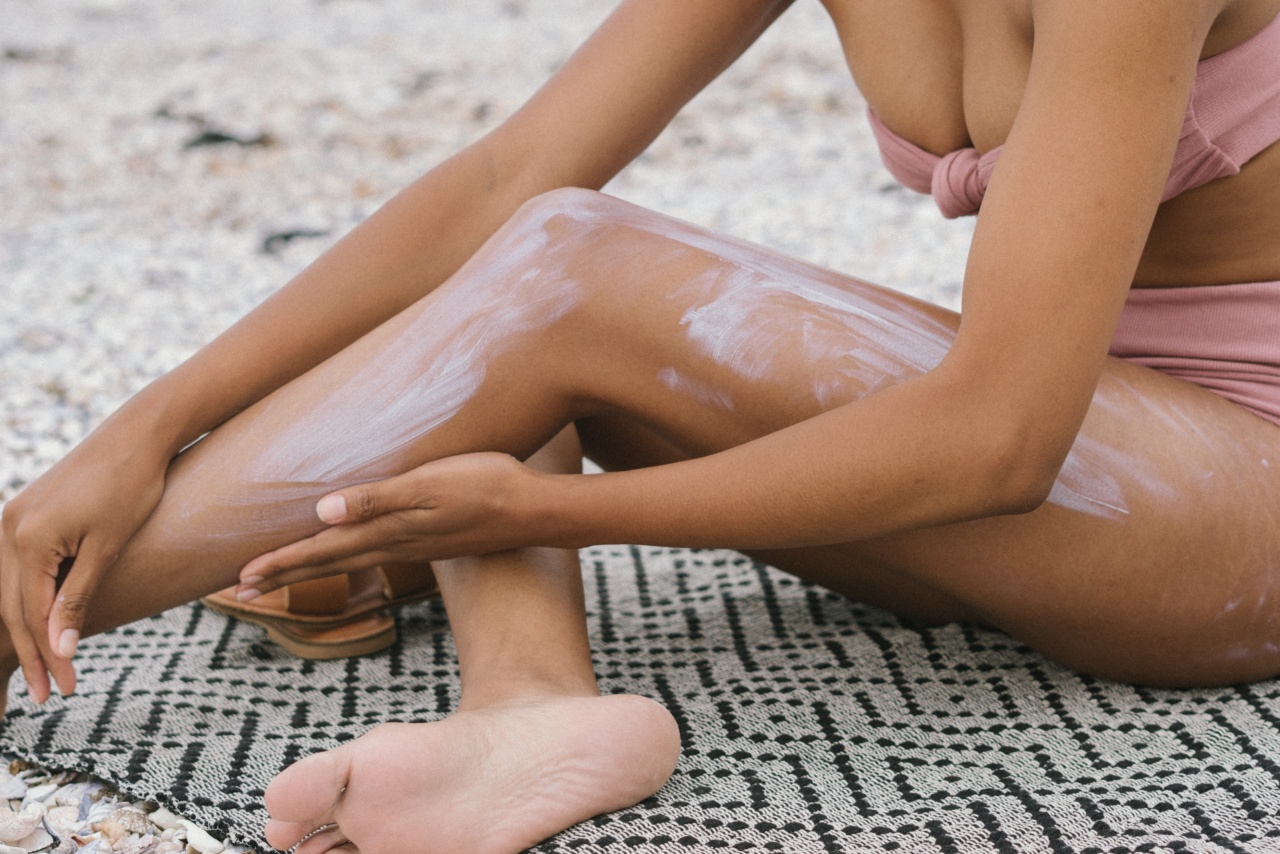As the summer months approach, it’s important to protect your skin from the harmful effects of the sun. However, there are many myths and misconceptions surrounding sunscreen.
Here, we’ll debunk some of the most common sunscreen myths to help you make smart choices about protecting your skin this summer.
Myth #1: Sunscreen is only necessary on sunny days.
False. Even on cloudy or overcast days, the sun’s harmful rays can penetrate the clouds and damage your skin. It’s important to wear sunscreen every day, no matter what the weather is like outside.
Myth #2: You only need to apply sunscreen once per day.
False. Sunscreen needs to be reapplied every two hours, or more frequently if you are swimming or sweating. This ensures that you have adequate protection throughout the day.
Myth #3: Sunscreen is only necessary at the beach or pool.
False. Sunscreen is important anytime you are spending time outdoors, whether it’s at the beach or just running errands. UV rays can penetrate windows and car windshields, so you should apply sunscreen if you’ll be spending time in a car or near windows.
Myth #4: It’s impossible to get a sunburn while wearing sunscreen.
False. While sunscreen can provide protection against the sun’s harmful rays, it’s not foolproof. You can still get a sunburn if you don’t apply sunscreen properly, if you don’t reapply it often enough, or if you aren’t using a high enough SPF.
Myth #5: Sunscreen can cause cancer or other health problems.
False. Sunscreen is safe when used properly. In fact, using sunscreen can help prevent skin cancer and other health problems caused by exposure to the sun’s harmful rays.
It’s important to choose a sunscreen that is appropriate for your skin type and to apply it correctly.
Myth #6: Higher SPF sunscreen provides better protection.
False. While it’s important to use a sunscreen with a high enough SPF (at least 30), a sunscreen with an SPF higher than 50 doesn’t provide significantly better protection.
No sunscreen can provide 100% protection against the sun’s harmful rays, so it’s important to use other forms of protection as well, such as wearing a hat or seeking shade.
Myth #7: You only need to apply sunscreen to exposed skin.
False. Even if you are wearing clothing that covers your skin, UV rays can still penetrate the fabric and damage your skin. It’s important to apply sunscreen to all exposed skin, including your face, arms, and legs.
Myth #8: Sunscreen is only necessary for people with fair skin.
False. Everyone, regardless of skin color, is susceptible to the harmful effects of the sun’s UV rays. It’s important for everyone to wear sunscreen, even if you have darker skin.
Myth #9: Natural sunscreens are more effective than chemical sunscreens.
False. Both natural and chemical sunscreens can be effective in protecting your skin from the sun’s harmful rays. It’s important to choose a sunscreen that is appropriate for your skin type and to apply it correctly.
Myth #10: Sunscreen is only necessary in the summer.
False. While the sun’s rays may be stronger in the summer, they can still be harmful year-round. It’s important to wear sunscreen every day, regardless of the season.




























